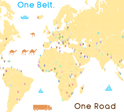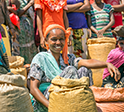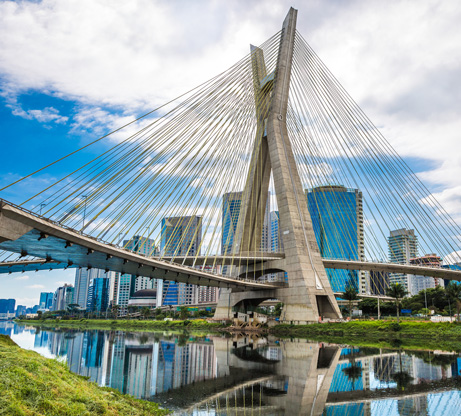Vietnam: The last dragon - 2/2: Resilience faced with international tensions
By Michel Fouquin, Jean-Raphaël Chaponnière
Vietnam opening up and development are closely linked to the strategies of multinational companies at the heart of the transformation of economic structures. In spite of international trade tensions, Vietnam seems to be taking advantage of this by acting as a conduit for Japanese, Korean and Chinese companies to export to the United States.







